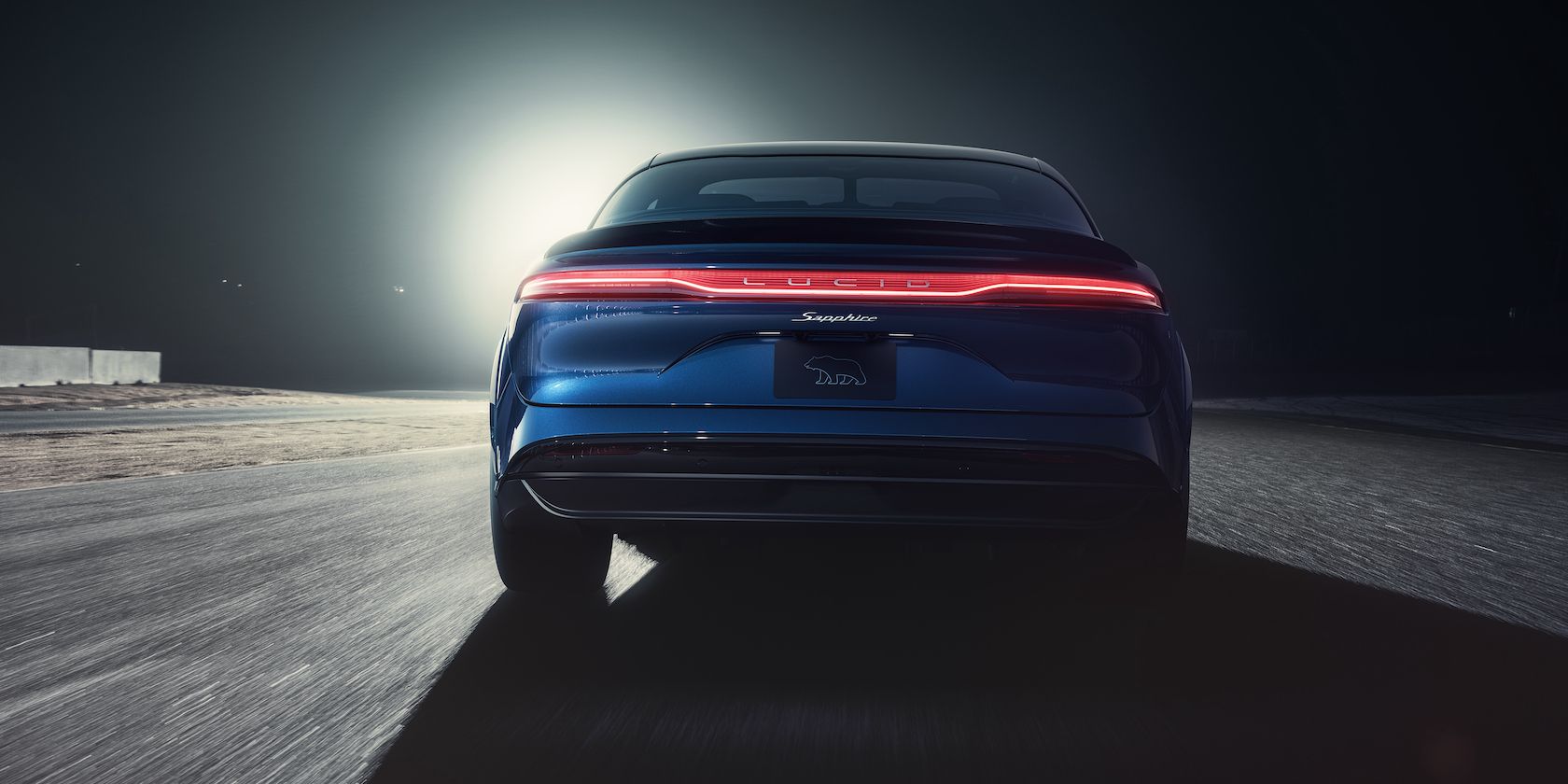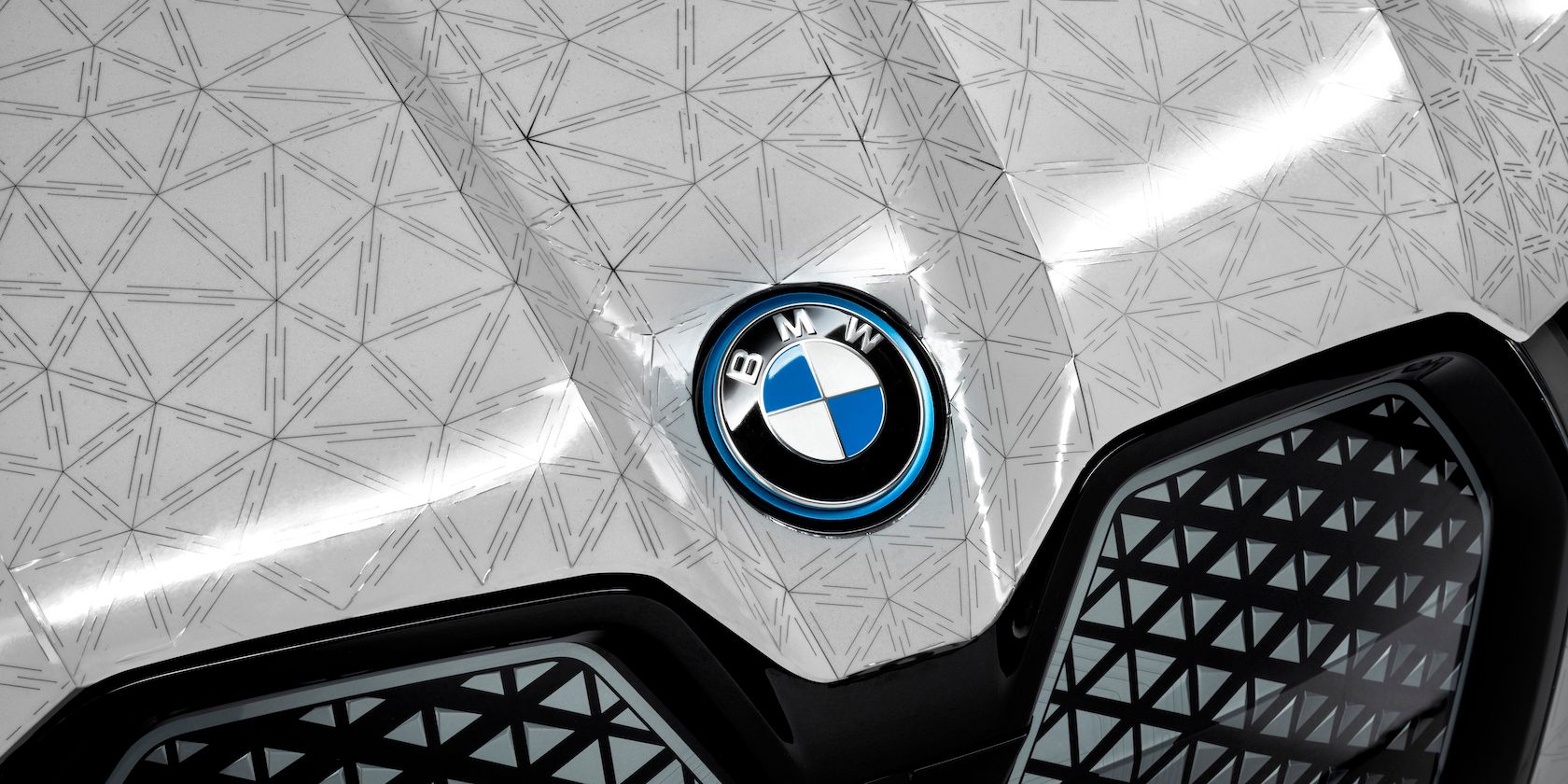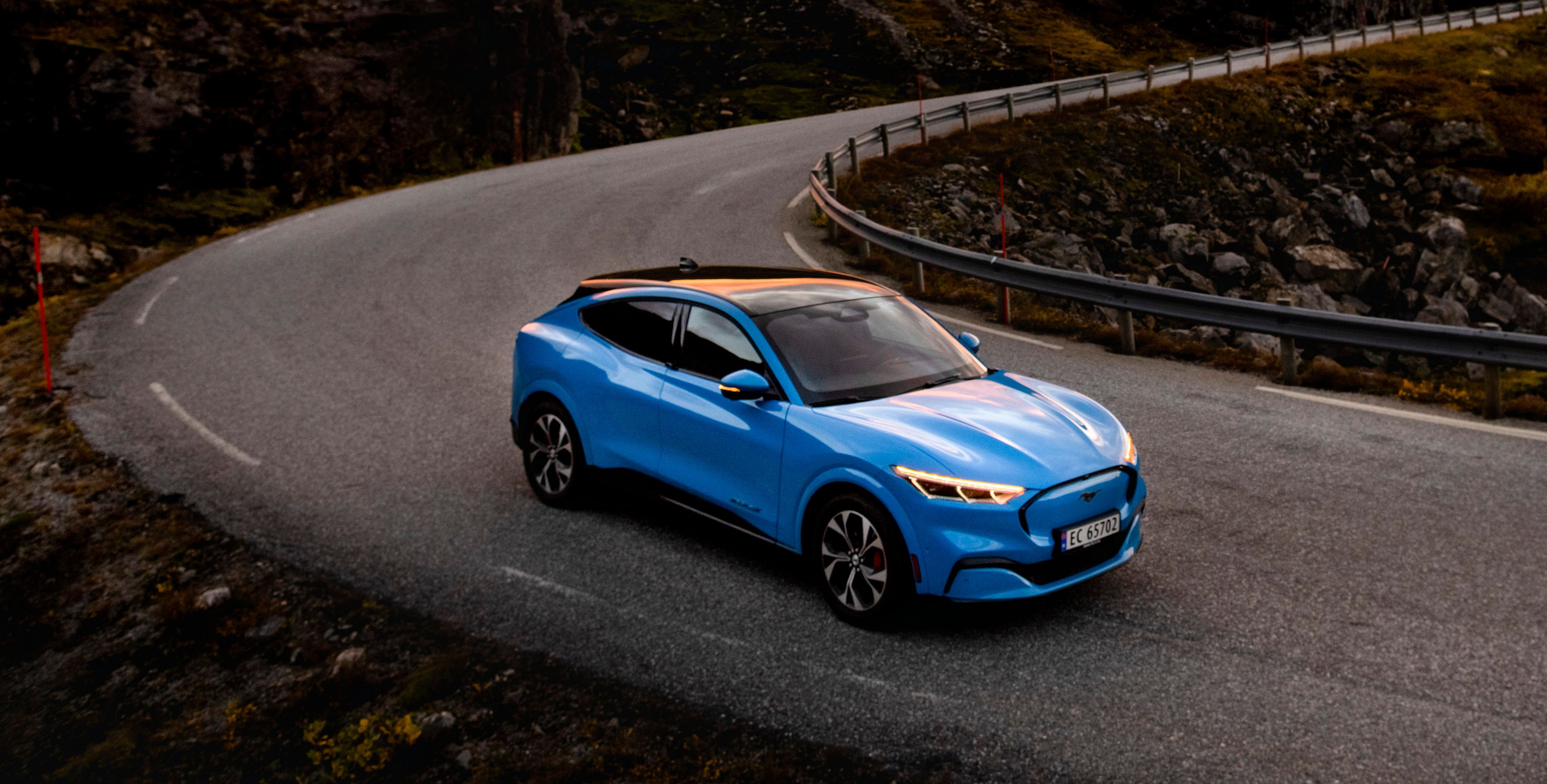Key Takeaways
- Brand loyalty is becoming a thing of the past in the automotive industry, as electric vehicles from newer brands like Tesla and Rivian are attracting customers away from traditional favorites like Ford and Toyota.
- Limited options from legacy automakers are forcing buyers to switch brands in order to find the electric vehicles they want, with fewer choices available from big names like GM and Chevrolet.
- Electric vehicles offer better performance and more advanced features compared to traditional gas-powered cars, making them increasingly appealing to consumers and driving the shift in brand loyalty. The rise of electrification is just beginning, and the industry is poised for significant change in the coming years.
When it comes to car brands, most people have a favorite, and everyone has an opinion. Americans love Ford; some think Chevy or RAM make the best trucks; and you can't forget about Toyota's reliability. Thanks to a surge of electric vehicles, newer brands like Tesla or Rivian, and several automakers being late to the game, EVs are reshaping automotive brand loyalty.
Say Goodbye to Brand Loyalty
As more electric vehicles from Hyundai, Kia, Polestar, and Rivian hit the streets, manufacturers are quickly finding out that brand loyalty is a thing of the past. This emerging powertrain technology is bringing in new customers from all over the place. When combined with the scarcity of options from legacy brands, buyers are jumping ship faster than ever before.
Ford families are buying a shiny Tesla Model Y, Toyota Tacoma fans are loving all the Rivian R1T adventure features and making the switch, and those looking for a more affordable electric car are looking at Ford, Kia, or Hyundai for the first time.
The automotive industry experts from Edmunds say nearly 70% of people buying the Mustang Mach-E are new to Ford and traded in a model from a different manufacturer. That number drops to around 42% when it's a new combustion-engined Ford vehicle. We're seeing something similar for brands like Kia, where 80% of EV6 buyers are new to the automaker, and the spacious Kia EV9 electric SUV is shaking things up, too, with over 60% of pre-orders coming from people new to the brand.
Fewer EV Options From Big Name Automakers
With such a narrow selection of electric vehicles, buyers have no choice but to switch brands and try something new. If you love GM but are interested in EVs, you'll have to wait for availability on the Equinox and Blazer EVs or try something from KIA, Volkswagen, Tesla, or one of its competitors. We're seeing something similar with Tesla, and some buyers are skipping long wait times and high prices for everything the Ford Mustang Mach-E has to offer.
According to S&P Global, throughout 2022, several automotive brands saw loyalty numbers dip below 50% for several months in a row. Customers are looking elsewhere between the pandemic, chip shortages, and a limited number of EV options across the board.
Chevrolet truck fans interested in switching to electric have one option until the Silverado EV arrives. You'll have to fork out well over $100,000 for the GM Hummer EV. That, or you could switch brands, ditch your loyalty, and try the Ford F-150 Lightning or Rivian's R1T. And when you consider the millions spent on advertising over the last decade, or two trying to build brand preference or loyalty, this is a pretty big deal.
Big names like Toyota and Chevrolet are late to the electric vehicle game, leaving KIA and Hyundai to swoop up their customers in record numbers. And while it's too early to see how much will change, it's clear that we're already seeing a massive shift in brand loyalty.
Better Performance and More Features
Electric vehicles have somewhat of a leg-up on the gas-powered competition. Most electric cars have tons of torque and better straight-line performance. They have unmatched acceleration, and this makes them fun and exciting for many buyers. And that's before mentioning all the latest and greatest features like hands-free driving, over-the-air software updates, bigger infotainment systems, keyless entry using a phone as digital car keys, and more.
Sure, some internal combustion models have these features, but almost every EV is fully loaded by today's standards. For example, Tesla models built after 2022 have the same kind of processing power as a PlayStation 5. Yes, that means you can play games in your Tesla, although you can only do it while the vehicle is parked, after the feature that allowed the passenger to play as the vehicle was moving was removed due to safety concerns in late 2022.
EVs have luxurious interiors, built-in 5G or Wi-Fi, and are on the cutting edge of automotive technology. This makes new models extremely enticing, which is why many buyers are looking beyond familiar brands and trying something new. The rapid arrival of electrification is changing the game.
The EV Shakeup Is Just Getting Started
More importantly, this is only the beginning. Aside from Tesla, all-electric vehicles are still relatively new, automakers are working overtime to release new models, and things will change in the coming years. Every major automaker has countless EV models coming in the next year or two, and we're expecting an onslaught of options over the next decade.
As more electric models hit the streets, brands attract new customers, and we start to see performance, reliability, and pricing patterns, loyalty will continue to shift and evolve. EVs are shaking things up, and we'll have to watch to see who comes out on top.




